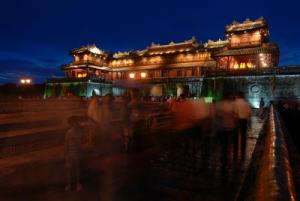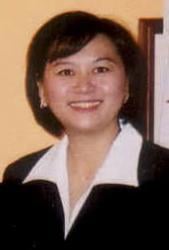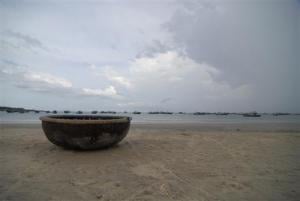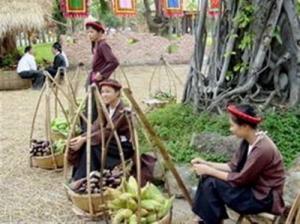Vietnamese Rice: Certified Organic Product
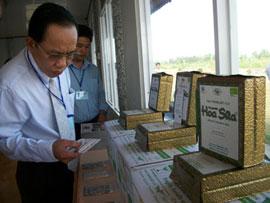
Vien Phu JSC last week was awarded with both an organic rice certification by the BIO Organic and an Organic Foods certification under the U.S. Organic Food Production Act. This would be the first Vietnamese and Southeast Asian rice company to receive an organic rice certification. This is according to the director of Union Vietnam himself, Richard de Boer, whose Netherlands-based company is in charge of evaluating and certifying organic rice.
Vien Phu’s rice will now carry the label “Certified Organic Foods,” which means that the product is free from antibiotic, insecticide residue, chemical fertilizer, coloring, addictives, and preservatives. An organic product certification is more “valuable” than the Global GAP (Good Agricultural Practice), according to Doctor Nguyen Dang Nghia, director of the southern center for Soil, Fertilizer and Environment Research.
Today’s market and society as a whole are more conscious of safety and the environment. Thus, products with Organic Foods label and other related environmentally-friendly items are more likely to be selected and purchased by consumers compared to their otherwise “non-environmentally friendly” counterparts. Products that are organic are considered to have high “economic value.”
Because of the certification, Vien Phu’s organic rice will now be known globally and be able to penetrate stricter markets like in the EU and North America. According to the company’s CEO Vo Minh Khai, they are currently undergoing negotiations with foreign partners on possible rice exports.
The company’s production is said to be lower on its initial stage. But Minh Khai further stressed that the total rice production is expected to increase 5 tonnes per hectare by 2015. Moreover, the company has made sure to take care of its own local farmers by expanding the organic rice field areas to 20,000 hectares to work with the same number of local farming households.
Under the organic cultivation model, Cau Mau has an opportunity of growing its rice area up to 100,000 hectares. It is now up to the provincial government to support and make this project a reality.





